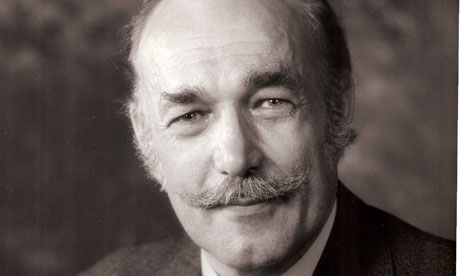A friend from Elba surprised me by sending the interesting paper and discussion of Dennis Lindley (2000), “The Philosophy of Statistics,” which I hadn’t seen in years. She suggested, as especially apt, J. Nelder’s remarks; I recommend the full article and discussion:
(from) Comments by J. Nelder:
Recently (Nelder,1999) I have argued that statistics should be called statistical science, and that probability theory should be called statistical mathematics (not mathematical statistics). I think that Professor Lindley's paper should be called the philosophy of statistical mathematics, and within it there is little that I disagree with. However, my interest is in the philosophy of statistical science, which I regard as different. Statistical science is not just about the study of uncertainty but rather deals with inferences about scientific theories from uncertain data. An important quality about theories is that they are essentially open ended; at anytime someone may come along and produce a new theory outside the current set. This contrasts with probability where to calculate a specific probability it is necessary to have a bounded universe of possibilities over which the probabilities are defined. When there is intrinsic open-endedness it is not enough to have a residual class of all the theories that I have not thought of yet. The best that we can do is to express relative likelihoods of different parameter values, without any implication that one of them is true. Although Lindley stresses that probabilities are conditional I do not think that this copes with the open-endedness problem. I follow Fisher in distinguishing between inferences about specific events, such as that it will rain here tomorrow and inferences about theories. .…
In analyzing data relative to one or more scientific theories, I would wish to present what is objective and not to mix this with subjective probabilities which are derived from my priors. If the experimenter whom I am working with wishes to combine likelihoods with his own set of weights based on his (doubtless more extensive) knowledge then he is at liberty to do so; it is not my job to do it for him. However, if he wishes to communicate the results to other scientists, it would be better, in my view, to stay with the objective part. (This paragraph is heavily dependent on ideas of George Barnard.)
General ideas like exchangeability and coherence are fine in themselves, but problems arise when we try to apply them to data from the real world. In particular when combining information from several data sets we can assume exchangeability, but the data themselves may strongly suggest that this assumption is not true. Similarly we can be coherent and wrong, because the world is not as assumed by Lindley. I find the procedures of scientific inference to be more complex than those defined in the paper. These latter fall into the class of ‘wouldn’t it be nice if’, i.e. would it not be nice if the philosophy of statistical mathematics sufficed for scientific inference. I do not think that it does. (325)
- Lindley, D. V. (2000), “The Philosophy of Statistics,” Journal of the Royal Statistical Society, Series D (The Statistician), Vol. 49, No. 3, 293-337
- Nelder, J.A. (2000), Commentary on “The Philosophy of Statistics,” Journal of the Royal Statistical Society, Series D (The Statistician), Vol. 49, No. 3, 324-5.
- Nelder, J.A. (1999) “From Statistics to Statistical Science” Statistician 48, 257-267.

No comments:
Post a Comment
===========================